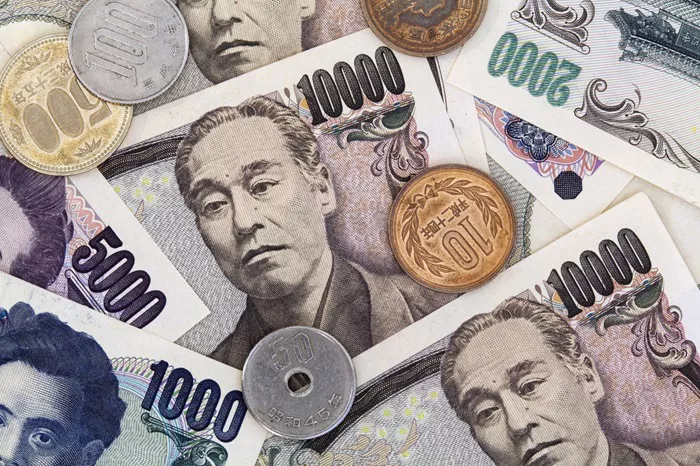Japanese Prime Minister Shigeru Ishiba has announced a substantial investment plan, pledging over $65 billion (¥10 trillion) in fresh funding to support the nation’s semiconductor and artificial intelligence (AI) industries. The initiative, set to run through fiscal 2030, aims to catalyze both public and private investments totaling more than ¥50 trillion over the next decade as Japan strives to stay competitive in the rapidly evolving global tech race.
This new financial framework, distinct from previously allocated funds of approximately ¥4 trillion, is expected to be included in Japan’s forthcoming economic stimulus package. It reflects Tokyo’s determination to bridge the gap in chip production and AI technologies, areas seen as crucial for economic and national security.
Globally, the US and its allies are stepping up efforts to maintain an edge over China in semiconductor and AI technologies. In 2022, President Joe Biden’s Chips and Science Act introduced $39 billion in grants for semiconductor manufacturers, alongside additional loans, guarantees, and tax credits for the sector. However, China’s investments, led by its “Big Fund,” are believed to far surpass those of the US, with China also leading the world in the number of chip plants under construction. Beijing has significantly boosted state investments in local semiconductor companies, including Semiconductor Manufacturing International Corp. and Huawei Technologies.
During a press briefing after securing a parliamentary vote to extend his tenure as prime minister, Ishiba emphasized the importance of replicating the success of Taiwan Semiconductor Manufacturing Company’s (TSMC) chip plant in Kumamoto. He expressed hope that such regional revitalization initiatives could be expanded across Japan.
Ishiba clarified that the new funding would not be financed through deficit-financing bonds or raised taxes, with Industry Minister Yoji Muto confirming that the specifics of the funding mechanism were still under discussion. Earlier reports indicated that the government may issue bonds backed by assets such as shares in NTT to support the semiconductor sector, a move that would provide subsidies to semiconductor companies, according to the Nikkei newspaper.
In addition to the ¥4 trillion already earmarked for Japan’s chip revival, which includes ¥920 billion for Rapidus Corp. in Hokkaido, the new funding will focus on the broader semiconductor market, beyond just Rapidus. Rapidus aims to begin mass production of advanced logic chips by 2027.
Muto further emphasized that the new framework would consider Japan’s long-term approach to next-generation semiconductor markets, signifying a comprehensive strategy to ensure Japan remains a key player in the global tech ecosystem.
Related topics:


